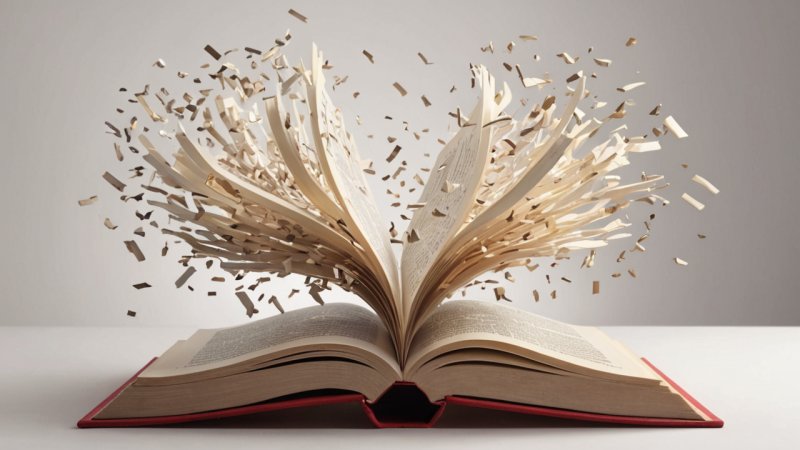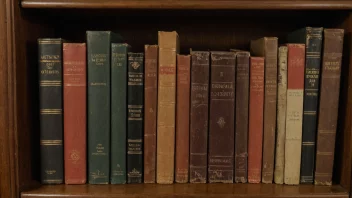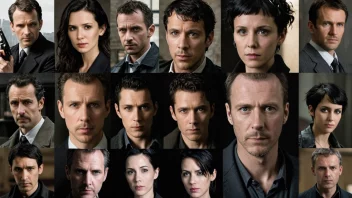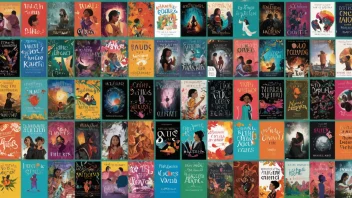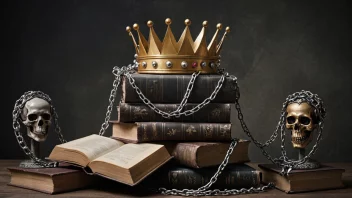Non-fiction poetry is a fascinating and often underappreciated genre in the literary world. Unlike traditional poetry that often thrives on abstraction, non-fiction poetry roots itself in reality, drawing inspiration from real events, personal experiences, and factual narratives. This genre serves not only to entertain but also to inform and provoke thought, challenging readers to engage with the world around them in deeper ways. In this article, we will explore the various aspects of non-fiction poetry, its historical context, its key themes, notable poets, and the impact it has on both readers and writers.
Understanding Non-Fiction Poetry
At its core, non-fiction poetry merges the factual with the lyrical. This unique form allows poets to weave together truth and emotion, resulting in a tapestry that is both informative and evocative. The genre often includes elements of memoir, biography, journalism, and social commentary, appealing to readers who seek a connection between poetry and the world around them.
The Characteristics of Non-Fiction Poetry
Non-fiction poetry possesses several distinguishing features:
- Factual Basis: The poems are grounded in truth, often inspired by real events or personal experiences.
- Lyrical Language: Despite its factual nature, non-fiction poetry employs the rich language and stylistic devices typical of poetry, such as metaphor, imagery, and rhythm.
- Emotional Depth: By blending facts with personal reflection, non-fiction poets create an emotional resonance that invites readers to connect with the subject matter.
- Varied Form: Non-fiction poetry can take many forms, including free verse, narrative, and even hybrid forms that incorporate prose.
The Historical Context of Non-Fiction Poetry
The roots of non-fiction poetry can be traced back to the early 20th century, evolving alongside movements such as Modernism and Postmodernism. Poets began to experiment with styles that blurred the lines between different literary genres. One of the most significant movements that influenced non-fiction poetry was the confessional poetry movement, which emphasized personal experience and self-exploration. Poets like Sylvia Plath and Anne Sexton paved the way for writers to explore their own lives in a way that resonates with universal truths.
Key Historical Figures
Several poets have made significant contributions to the genre of non-fiction poetry:
- Walt Whitman: Often regarded as a precursor to non-fiction poetry, Whitman's work in "Leaves of Grass" illustrates the blending of personal and universal themes.
- Adrienne Rich: Rich's poetry frequently addresses social issues and personal identity, making her a pivotal figure in the evolution of non-fiction poetry.
- Mark Doty: Doty's work often reflects on personal experience intertwined with broader societal themes, showcasing the power of storytelling in poetry.
- Claudia Rankine: In her acclaimed work "Citizen: An American Lyric," Rankine combines poetry, essay, and visual art to address themes of race and identity, exemplifying the potential of non-fiction poetry to engage with pressing social issues.
Key Themes in Non-Fiction Poetry
Non-fiction poetry encompasses a wide range of themes that resonate with readers on both personal and societal levels. Some of the most common themes include:
Identity and Self-Exploration
Many non-fiction poets delve into their own identities, exploring themes of race, gender, sexuality, and personal history. This introspection not only allows for personal growth but also invites readers to reflect on their own identities.
Social Justice and Activism
Non-fiction poetry often addresses social issues, using the power of words to advocate for change. Poets like Rankine and Amanda Gorman harness the emotional weight of their work to shine a light on systemic injustices, encouraging readers to engage actively with the world.
Memory and Nostalgia
Memory plays a crucial role in non-fiction poetry, as poets often reflect on their past experiences, relationships, and the passage of time. This exploration of memory can evoke feelings of nostalgia, loss, and appreciation for the moments that shape us.
Notable Non-Fiction Poetry Collections
Several collections exemplify the richness and diversity of non-fiction poetry:
- "Citizen: An American Lyric" by Claudia Rankine: This groundbreaking work combines poetry, essay, and visual art to address race and identity in contemporary America.
- "The Book of Delights" by Ross Gay: A collection of essays written in lyrical prose, Gay's work captures the beauty and joy found in everyday moments.
- "The Carrying" by Ada Limón: In this collection, Limón intertwines themes of loss, love, and the natural world, offering a poignant exploration of human experience.
The Impact of Non-Fiction Poetry on Readers and Writers
Non-fiction poetry has a profound impact on both readers and writers. For readers, engaging with this genre can lead to a deeper understanding of complex issues, fostering empathy and connection. The blend of factual content with poetic expression allows readers to engage with difficult subjects in a more accessible and relatable way.
For writers, non-fiction poetry offers an opportunity to explore personal narratives and societal themes in a creative format. This genre encourages poets to break free from traditional forms and conventions, allowing for experimentation and innovation. As writers navigate their own experiences and observations, they contribute to a larger dialogue about the world we inhabit.
Conclusion
Non-fiction poetry stands as a testament to the power of language, merging truth and artistry in ways that challenge and inspire. As we explore this genre, we uncover the voices of poets who dare to confront reality while embracing the lyrical beauty of their craft. Whether through personal narratives, social justice themes, or explorations of memory, non-fiction poetry invites us to reflect on our own experiences and engage with the world around us. As readers and writers, we have the opportunity to appreciate the richness of this literary form, fostering a deeper love for literature and the stories it tells.
